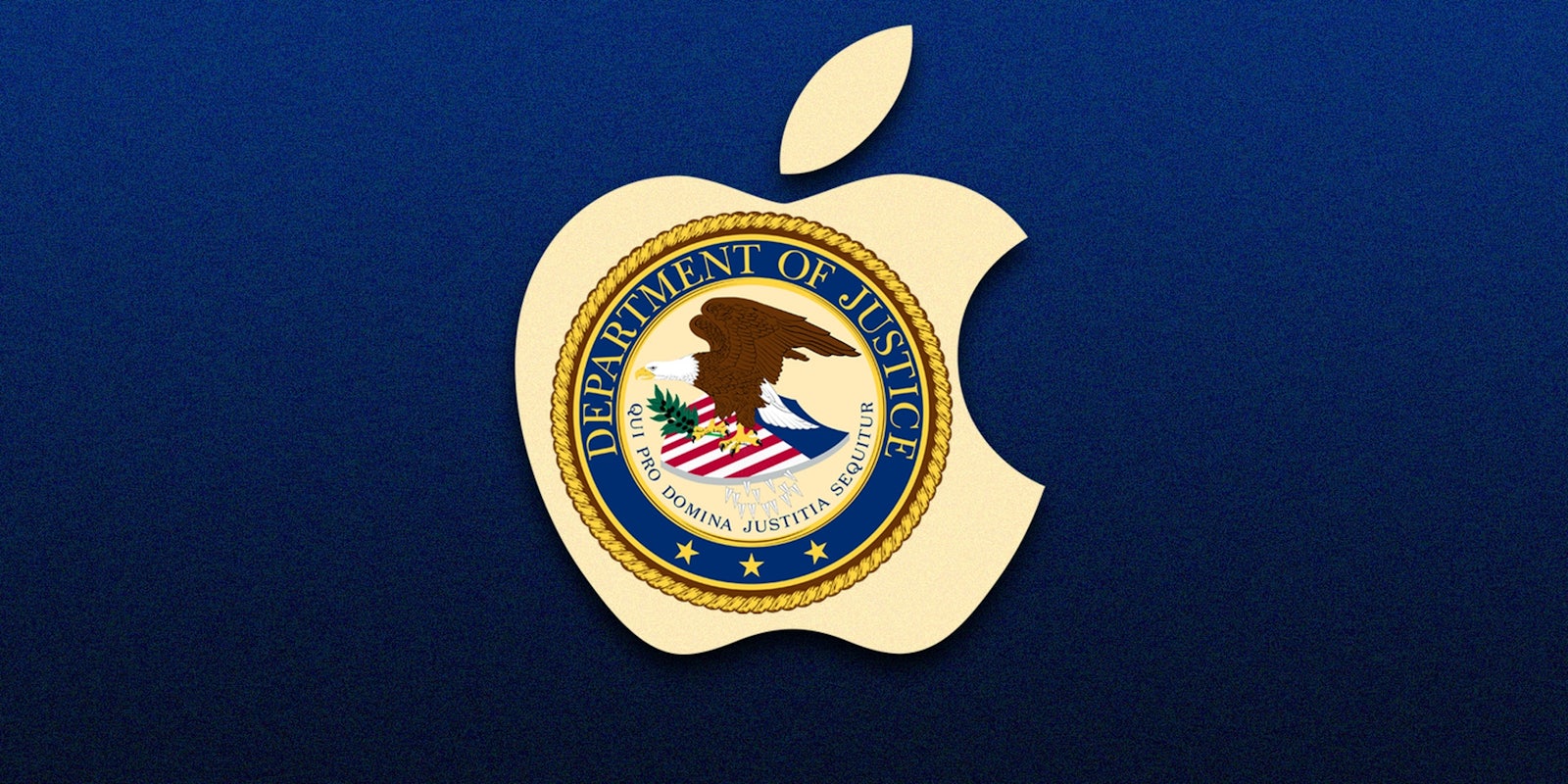The U.S. government’s top lawyer on Tuesday blasted Apple for fighting a court order that it called dangerous and unprecedented, suggesting that it was holding national security hostage because of unreasonable principles.
“We have to decide,” Attorney General Loretta Lynch said during a Q&A at the RSA security conference in San Francisco. “Do we let one company, no matter how great a company, no matter how beautiful their devices—do we let one company decide this issue for all of us? Do we let one company say this is how investigations are going to be conducted?”
Lynch’s Justice Department secured an order on Feb. 16 compelling Apple to write custom software that would disable security features on the iPhone of one of the San Bernardino shooters. This would let the FBI flood the phone with passcodes until it found the right one. Apple has objected to the order on the grounds that the government’s expansive legal argument could set a precedent for much more intrusive demands.
“Do we let one company say this is how investigations are going to be conducted?”
Lynch’s aggressive tone mirrors that of her subordinate, FBI Director James Comey, who told a House committee on Tuesday that unbreakable encryption was stymying law-enforcement and terrorism investigations. In her Q&A, Lynch echoed that point, saying, “Having the inability to attain evidence that can save lives is a real risk.”
Comey for years has argued that terrorists are “going dark” by hiding on encrypted platforms. To solve this problem, he has suggested that technology companies design their encryption with special weaknesses that they can use to bypass it if presented with a warrant. His campaign for what critics call “backdoors” has sparked a new round of a decades-long battle called the “crypto wars.”
While Apple is not being asked to design weak encryption in the San Bernardino case, the company and its supporters have argued that, by complying with the order, it would help the government set a precedent that authorities could someday use to demand backdoors.
Lynch pushed back hard on that idea at the RSA conference. “This has been going on for years,” she told the crowd, referring to Apple’s assistance in other iPhone unlocking cases, “and we have not had the parade of horribles that Apple is now asserting.”
But those other cases involved different, less intrusive technical demands. As Apple eyes stronger and stronger security measures for its massively popular products, government demands will necessarily become more sophisticated. Apple now seems to have decided that enough is enough.
Like Comey, Lynch suggested that Apple’s unwillingness to entertain the idea of backdoors in the broader debate represented laziness. She described the company’s stance as “we’re going to innovate, we’re going to move forward, but in this one area [of encryption design] we’re done.”
Illustration by Jason Reed


